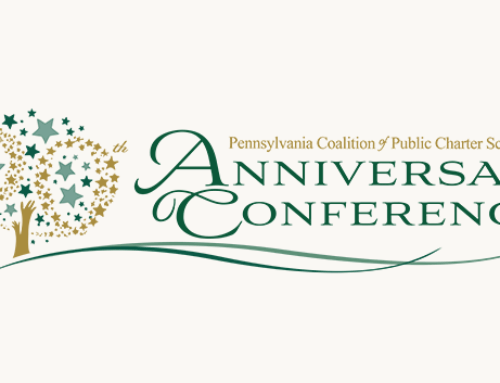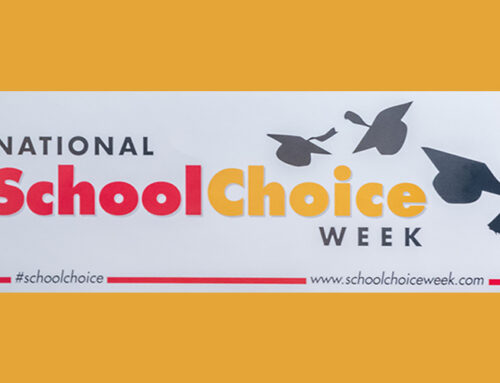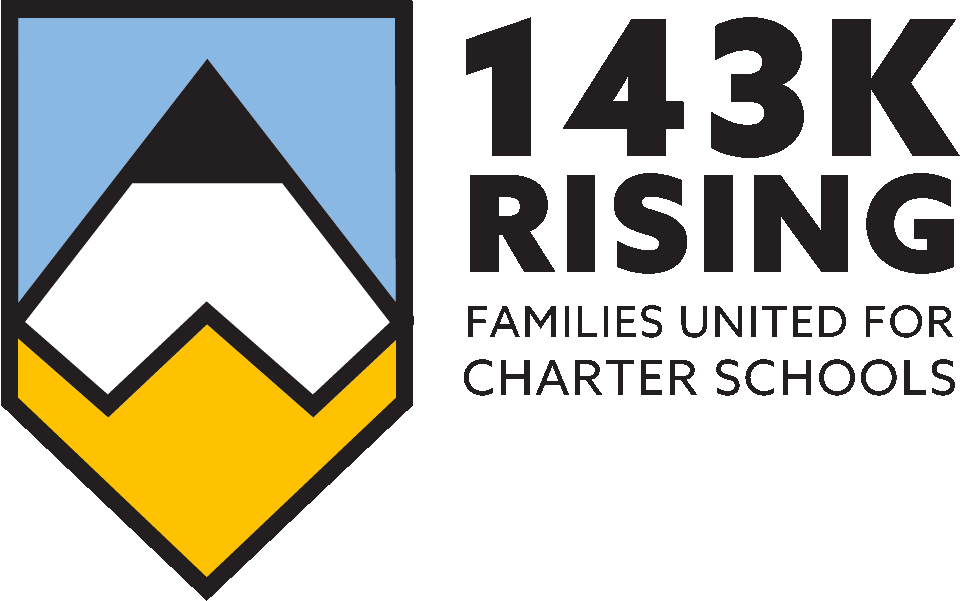69 percent of those surveyed support making sure parents have the option of public cyber charter schools for their children
HARRISBURG (April 6, 2021) – The Public Cyber Charter School Association (PCCSA), the Pennsylvania Coalition of Public Charter Schools (PCPCS), and the National Coalition for Public School Options (PSO) jointly announced the results of a new statewide poll that shows a strong majority of Pennsylvanians (69 percent) support public cyber charter schools as an educational option that should be available to parents.
The omnibus poll conducted by Susquehanna Polling and Research (SP&R) tallied responses from 700 Pennsylvanians and covered a wide range of issues, including the role public cyber charter schools play in educating the children of the commonwealth.
According to the February poll, support for public cyber charter schools is strong, bipartisan and runs deep across multiple constituencies. Overall, 69 percent of the respondents said they support the use of online public cyber charter schools as part of Pennsylvania’s educational landscape. This includes:
- 72 percent of both self-identified Republicans and Democrats
- 63 percent of self-identified Independents
- 70 percent of households with an income of less than $49,000
- 77 percent of Hispanic respondents
- 71 percent of African-American respondents
“The results of this poll demonstrate that current efforts to drastically restrict funding to the commonwealth’s public cyber charter schools – especially during a global pandemic when the proven, exceptional virtual education provided by these schools has become a vital choice for thousands and thousands of students and their families – are woefully out-of-sync with what a strong majority of Pennsylvanians think is best when it comes to public education,” said Dr. Jim Hanak, CEO of the Pennsylvania Leadership Charter School and Executive Director of the Public Cyber Charter School Association.
“In fact, the pandemic has clearly pinpointed the major differences between emergency online instruction forced upon the system and the tremendous benefits of well-established, high performing virtual classrooms long provided by public cyber charter schools,” he said. “This poll also supports Senate President Pro Tempore Jake Corman in his insistence that the commonwealth must not slash funding for these schools, and it must not limit the educational choices of so many Pennsylvania families.”
When asked whether public cyber charter schools and online learning must be available to parents beyond the pandemic, 57 percent of all respondents said parents should have this option. This includes 61 percent of respondents who have children in school and 53 percent of people who do not.
Respondents were also asked to choose between two competing viewpoints: cyber charters are a good idea because they provide quality educational options versus cyber schools are bad because they drain funding away from school districts and lag behind in academic achievement. Of those polled, 54 percent said public cyber charter schools are a good idea. This support is bipartisan and included:
- 62 percent of Republicans
- 52 percent of Independents
- 49 percent of Democrats
- 58 percent of respondents with children in traditional public schools
“This polling seems to establish a new reality for K-12 education in Pennsylvania,” said Lenny McAllister, CEO of the Pennsylvania Coalition of Public Charter Schools. “Families across our diverse state recognize a common truth: parental choice in public education is a fundamental right and is critical in the effort to secure the best academic fit for each Pennsylvania student.”
“These voters understand that policies must be strengthened and amended to ensure that options for public education – including a fulfilling cyber education from a Pennsylvania public charter school – are not limited by detached politicians and their special interest groups. Our commonwealth needs a robust education system because our workforce demands a diversity of perspectives and training. Our families can provide that, but only if we protect and expand parental choice in public education for the future generations of Pennsylvanians, starting now,” added McAllister.
According to the poll, even with the pandemic, there is no outright consensus on what is the biggest challenge facing public schools – this includes whether they lack the funding they need for programs and services. In fact, of those polled, only 10 percent think public cyber charter schools have an impact on a school district’s bottom line.
These results underscore two realities when it comes to the fiscal impact of public cyber charter schools. First, school districts keep a significant portion – 25 percent on average – of the funding allocated for students who enroll in PA’s public cyber charter schools, even though these students are no longer being educated by the district. In addition, on average, the portion of funding that follows students who enroll in public cyber charter schools represents less than two percent of a school district’s overall budget.
“This poll shows that Pennsylvania families and taxpayers know the facts: Public cyber charter schools save tax dollars, are more accountable than traditional school districts, and provide a high-quality education,” said national PSO board member Letrisha Weber. “With school districts sitting now on billions of dollars and billions more flowing into their coffers, cutting funds to cyber charters should be off the table. The same goes for raising property taxes on working families.”
The poll also measured opinions about why cyber charter schools are a good option for some families (child health needs, escape bullying, access to more classes, etc.), and responses show that people generally understand and appreciate all the reasons why a family might choose a comprehensive public cyber charter education instead of the virtual options at school districts.
The SP&R poll was conducted between February 16-24 among 700 likely voters. It has a margin of error of +/- 3.7% at the 95% confidence level. SP&R is an independent, Pennsylvania-based survey research and polling firm with a national reputation for expert polling for a wide range of clients.
“In this heightened time of polarization between the political parties, the fact that public cyber charter(s) receive such broad based, bipartisan support is a strong testament to their popularity with families across the political spectrum,” said James Lee, President of Susquehanna Polling and Research.
###
Please direct all questions or requests for additional information to Jessica Hickernell at j.hickernell@pacharters.org or 717-371-8155.

About PCPCS: The Pennsylvania Coalition of Public Charter Schools (PCPCS) is the state’s largest and most active organization advocating for both brick-and-mortar and cyber charter schools. Pennsylvania’s 180 charter schools educate more than 169,000 students, and demand for these public schools continues to grow, with more than 40,000 students on charter school waitlists. For more information on PCPCS or PA’s public charters schools, visit www.pacharters.org.

About PCCSA: The Public Cyber Charter School Association (PCCSA) is a statewide voice for public cyber charter schools in Pennsylvania. It provides strategy and other best practice information and resources to public cyber charter schools in the commonwealth. The PCCSA supports public policy decision that ensure every child has equal, affordable access to the type of education that is best for their individual need. For more information about PCCSA, visit www.paonlineschools.org.

About PSO:The National Coalition for Public School Options (NCPSO) is a national alliance of parents that supports and defends parents’ rights to access the best public school options for their children. The coalition supports the creation of public school options, including charter schools, online schools, magnet schools, open enrollment policies, and other innovative education programs. Additionally, they advocate for free and equal access without restrictions to these public schools for all children. For more information on NCPSO, visit www.publicschooloptions.org.



